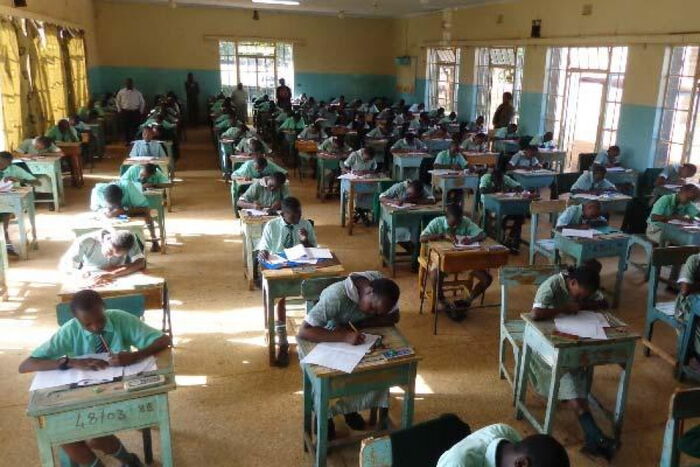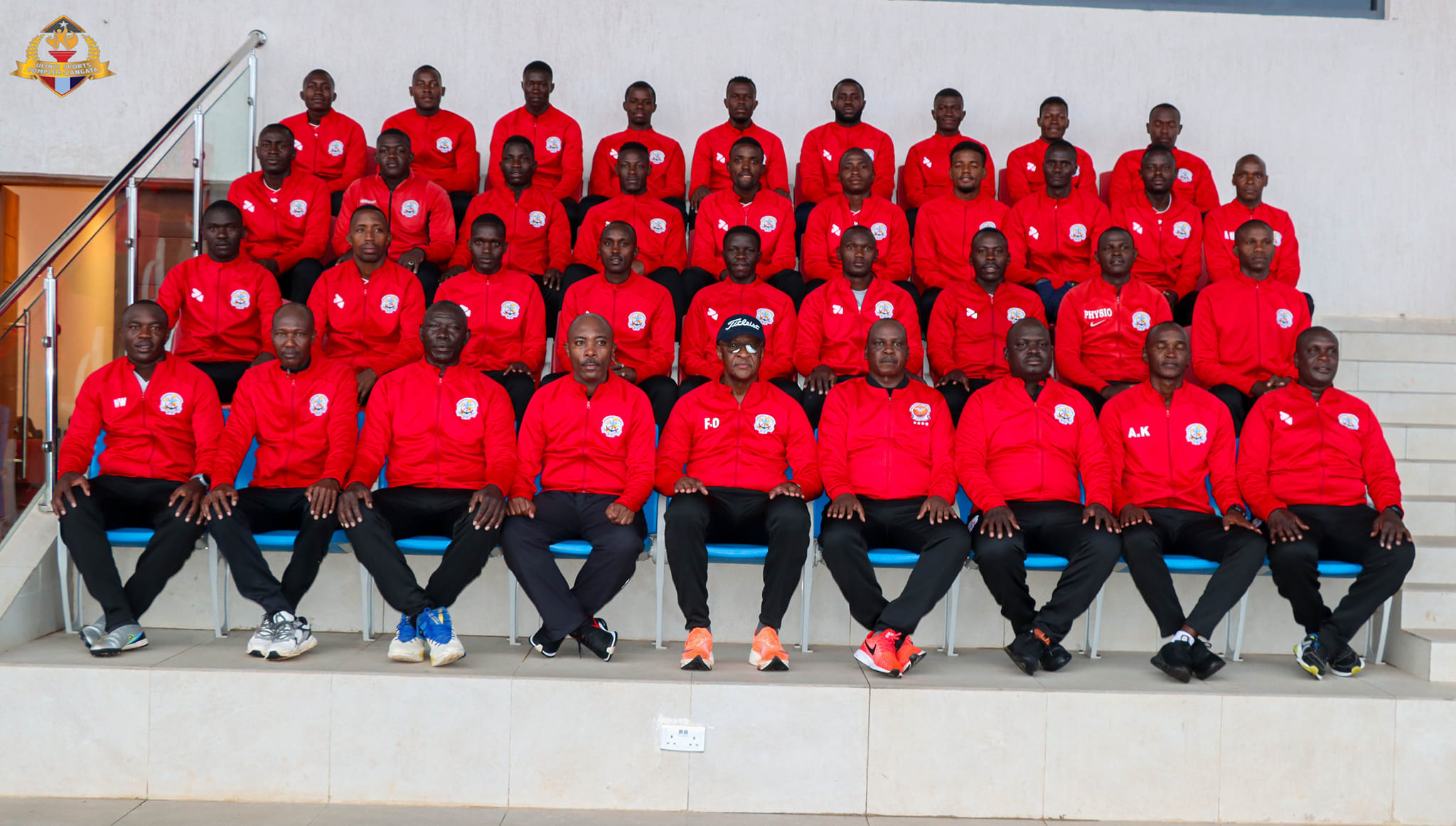Parents and Educators Raise Alarm Over KNEC Exam Centre Relocation, Warning of Increased Anxiety for Students and Lack of Infrastructure in Marginalized Areas


As national exams for the Competency-Based Curriculum (CBC) approach, thousands of students are facing uncertainty due to a directive issued by the Kenya National Examinations Council (KNEC). The new rule, which requires schools with fewer than 30 candidates to relocate students to alternative examination centers, has sparked concerns among parents and educators alike, who fear that it could negatively impact exam performance and well-being.
KNEC’s Directive and Its Implications: KNEC recently announced that schools with fewer than 30 students would no longer serve as exam centers. Instead, students from these schools must take their exams at larger institutions. This directive has caused widespread apprehension, with parents and teachers warning that moving students to unfamiliar environments could lead to anxiety and impact their performance.
A private school teacher, noted, “When you have 21 candidates, for instance, you are forced to take them to another center, usually a public school. Our children are used to the conducive environment of their current schools, and moving them could cause culture shock.”
Lack of Awareness and Infrastructure Concerns: Parents and educators also criticized the lack of awareness surrounding the new directive. According to Lilian Akugo, a school head, many public schools are struggling with insufficient staffing to oversee the CBC exams. “There wasn’t enough communication about this change, and now many schools are facing staffing shortages,” she explained.
Additionally, concerns have been raised about the technological requirements for some exams. Modern technologies like computers are needed for certain CBC tests, and schools in marginalized areas or those with limited infrastructure may find themselves at a disadvantage. “We may have the content, but do we have the resources?” questioned Geoffrey Otieno, a parent. “Some subjects require a lot of research and materials, which is a challenge for many schools.”
Question Format Confusion: Another issue troubling stakeholders is the confusion over the format of exam questions. Many students have been trained to answer open-ended questions as part of the CBC curriculum. However, KNEC has set questions requiring multiple-choice answers (A, B, C, D), which deviates from the students’ usual approach.
“These learners are used to open-ended questions,” said teacher Collins Okumu. “But the KPSEA exam is rigid, using ABCD answers. To avoid confusion, this system should have been introduced starting from Grade Four.”
Exam Dates and Final Preparations: The Kenya Primary School Education Assessment (KPSEA) exams are set to begin with rehearsals on Friday, October 25th. The main exams will run from Monday, October 28th, to Wednesday, October 30th, leaving little time for parents, teachers, and students to adapt to the new changes.
As KNEC’s directive takes effect, stakeholders remain apprehensive about its impact on students. With concerns about preparedness, technological gaps, and potential confusion over the question format, parents and educators are calling on the government to address these issues urgently. In the meantime, students must navigate these changes as they prepare for a significant milestone in their education.










































































































































































































































































































































































































































































































































































































































































































































































































































































